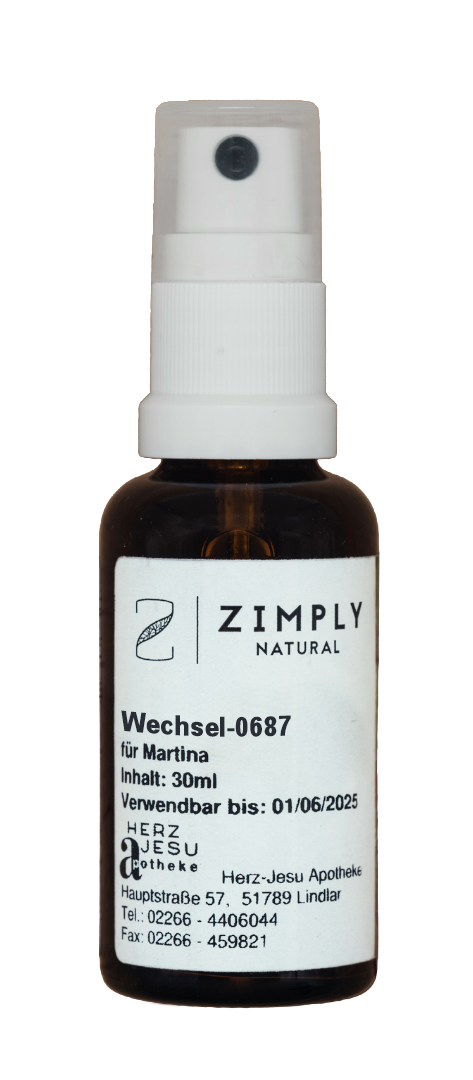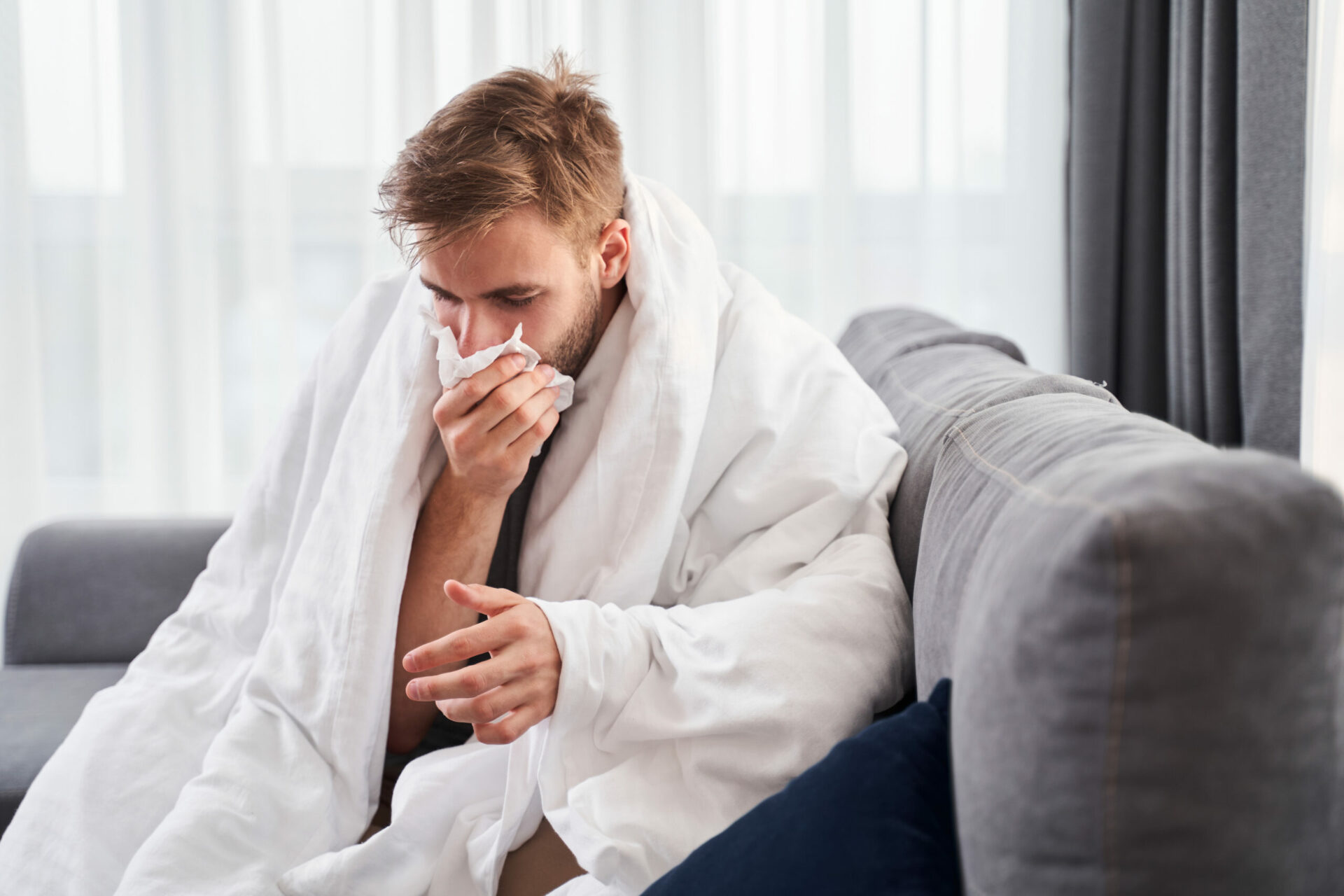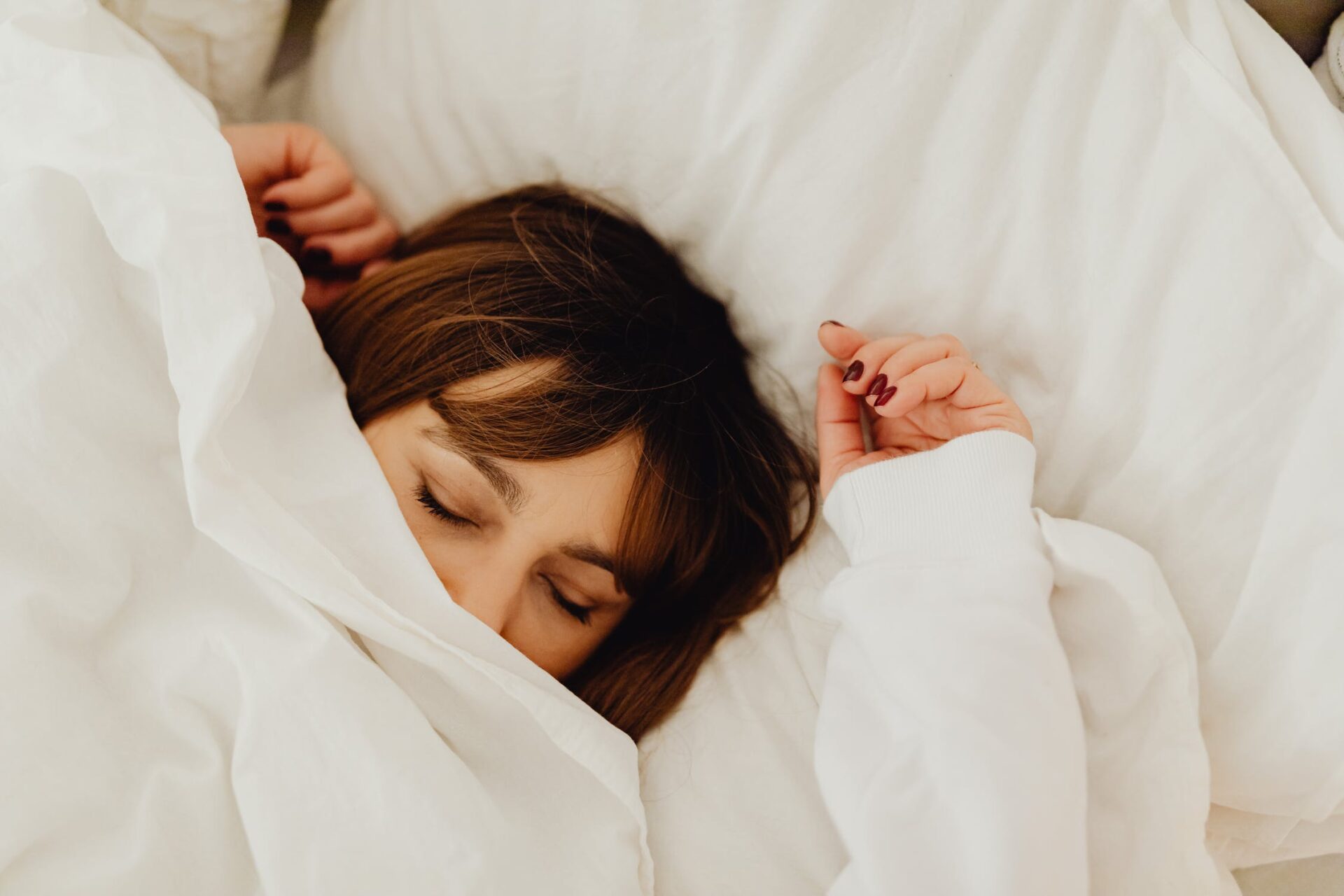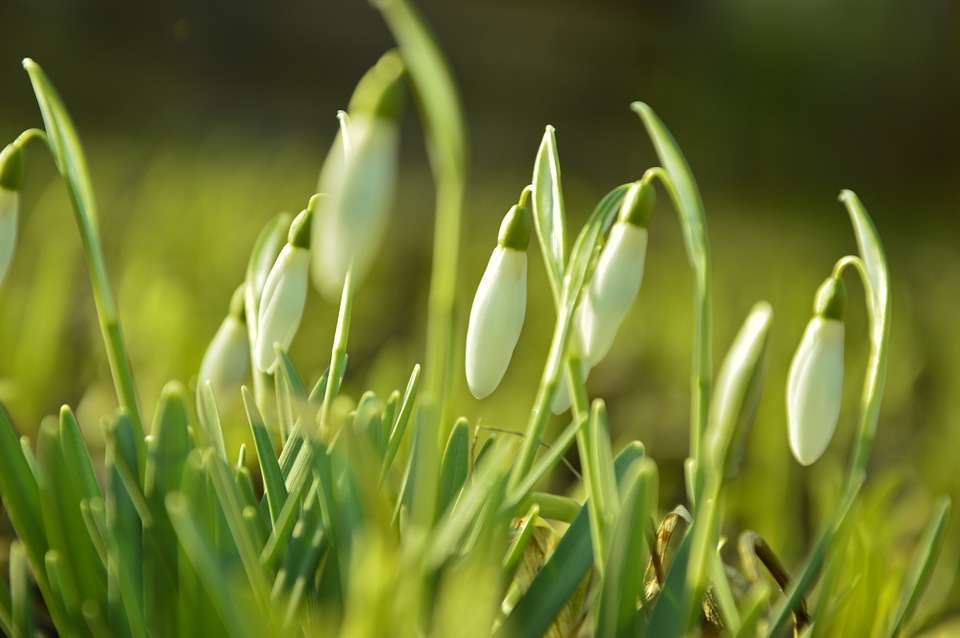
Your individual menopause blend
With natural methods such as the individual spagyric sprays from Zimply Natural, complaints can be treated and sustainably alleviated.
The climacteric or menopause is the period of hormonal changes at the end of a woman's fertile life. To know your Menopausal symptoms you don't have to take strong painkillers or hormone preparations. There are some tips that can help you during this time of hormonal change.
Our tips for your menopause
1. avoid certain foods such as alcohol.
Alcohol, hot spices and hot drinks dilate the blood vessels and can thus increase sweating. Your diet should include foods containing soy, such as tofu, because the phytoestrogens they contain mitigate the decreasing production of the body's own hormones. Fish and low-fat dairy products are also recommended.
2. become active
Exercise and especially endurance sports help the body to better regulate temperature fluctuations. Sports also help to maintain weight, when due to hormonal fluctuations, body weight also fluctuates. It also reduces the risk of osteoporosis.
3. breathable clothing
A simple trick to Hot flashes and sweating: It is better to wear several thin garments that can be taken off as needed instead of a thick sweater. And clothing made of natural fibers also helps. Because synthetic fabrics only make us sweat even more.
4. go to the sauna
In order to better cope with hot flashes, it is recommended to go to the sauna regularly. A weekly visit is quite sufficient. And how about taking a cold shower afterwards? That also gets the circulation going.
5. conscious rest phases
Mood swings are probably a well-known symptom during menopause. This makes it all the more important to consciously relax and Anti-Stress counteract. Many complaints can already be alleviated through targeted stress reduction. And: Make sure you treat yourself well. Give yourself a break and do what you like.
TIPS FOR ACUTE HEAT EXHAUSTION
- Run cold water over your wrists.
- Take off clothes that are too warm - that's why an onion look is recommended.
- If you can, regulate the ambient temperature.
- Get a cool drink or suck on some ice cubes.
Why so many women suffer from hot flashes during menopause has not yet been clearly explained. However, the hormonal change plays an important role. A hot flash occurs when the blood vessels dilate, allowing more blood from inside the body to get under the surface of the skin.
Definition of menopause
Every healthy young girl has about 1,000,000 eggs from birth. By the time of the first period, however, this supply has already halved. After more or less 30 years of regular menstrual bleeding, the last menstrual bleeding is accompanied by the departure of the final last egg. The time of the last menstrual period is calculated backwards and is considered the day from which no more menstrual periods will follow for at least 12 months.
The uterus decreases the production of sex hormones. Your progesterone starts to decrease, your estrogen level fluctuates. This triggers hormonal chaos in your body - comparable to puberty.
Menopause is not officially recognized as a medical condition and is often simply dismissed as a phase of life. Although the phase of the last ovulation is inevitable, it does not make the discomfort of those affected and you any less stressful. Since the level of your sex hormones progesterone and estrogen changes considerably, menopause is usually accompanied by sweating or hot flashes. These often spread to the face, neck or upper body and often alternate with chills or cold sweats. Many of those affected react particularly strongly to stress, cannot sleep well, have 1,000 thoughts in their head and complain of mood swings and irritability.





